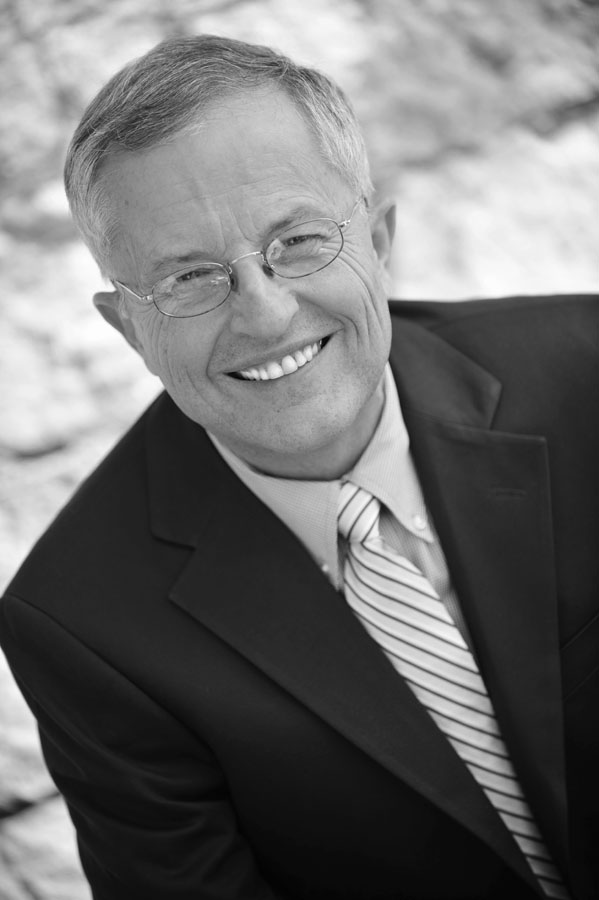The last thing economically strapped Arizona needed was a national debacle over its new immigration law, but the action now seems to be the flash point in the long-running debate on the issue.
My wife and I were in Arizona when the new, controversial law was passed. We own a second home there—and pay property taxes—because we have family in Arizona's beautiful West Valley; we like the area very much. We watched the debate up-close and couldn't believe what was happening. Now back in Texas where we live most of the year, we feel embarrassed by Arizona's misguided action.
Sadly, we also have a good idea of the roots of the issue.
The law looks not only vindictive against all Hispanics, but it smacks of revenge being taken out on innocent people over the messed-up financial situation the state has managed to get itself into. Arizona—like California, Florida, Michigan and some other states who led us into the Great Recession—is in dire circumstances. Anger over the financial mess oozes on top of the hot desert sands. Home prices there have plummeted to unbelievable depths. The majority of the mortgage-holders in the state are underwater. The state's unemployment rate is high. The state's legislature is struggling to figure out what to do with all the red ink. Its largest city, Phoenix, in January laid off about 10 percent of its police and fire departments as well as cut even more drastically other city services—merely a benchmark for what other smaller cities and counties in the state are doing.
Economic misery often produces cockeyed behavior—regrettably often directed at innocent bystanders. This new law clearly is in that league.
The amazing thing about Arizona's new immigration law is how it appears to be dividing the religious community. The National Council of Churches and its affiliated mainline denominations have turned out swinging at the law. The NCC has called the law unChristian, immoral, and probably illegal. The Evangelical denominations for the most part so far have remained silent on the Arizona debacle.
Native-born U.S. Hispanics we know are boiling about the new Arizona law. Their anger is not limited to their denominational affiliations. Just because they may look Hispanic, they now will be forced—in Arizona at least—to carry on them proof of their citizenship.
Foot-dragging on this issue by Evangelical and other church leaders could drive a huge wedge between them and the rapidly growing Hispanic population in this country.
The next time I travel to Arizona, I personally plan to carry my Native American documents along with my U.S. citizenship documents. If asked to prove my nationality (which is very unlikely since I have no Hispanic heritage), I will show my Native American papers and then ask the nationality of the interrogator. Unless he or she also is a Native American, I will ask whether his or her ancestors were really, truly legal when they intruded on this land. Many people conveniently forget that except for Native Americans, all other Americans are descendants of people who may not always have had the proper legal papers to enter this country. Many of the first Americans certainly didn't ask permission of the people who already lived here then.
I hope Arizona's leaders not only quickly return to their senses and repeal the law but that the attitude they have displayed toward the whole Hispanic community doesn't turn out to be contagious in the rest of the Great Recession-riddled country. The last thing America needs to do right now is to alienate its Hispanic population, its neighbor to the South, and the rest of us who do not want to see our Hispanic friends mistreated.





